>>> Lesson 1: “Opening the way” for people with disabilities
Many barriers
Sitting on the porch, Ms. Vo Thi Le Hang (born in 1987), in Nong Truong Viet Trung town (Bo Trach) sighed sadly. For the past two weeks, she has been sitting at home, unable to go to the market to sell every day because the owner of the place where she sells goods is repairing. Having a motor disability, Ms. Hang used to earn extra income from making diamond paintings, but the number of customers gradually decreased and then disappeared. Not giving up, she imported some items, such as hair clips, masks, bracelets... to sell. Although she only earned a few tens of thousands of VND, enough to cover small expenses, that job helped her feel useful. And now, when she cannot go to the market to sell goods, she feels empty and uncomfortable...
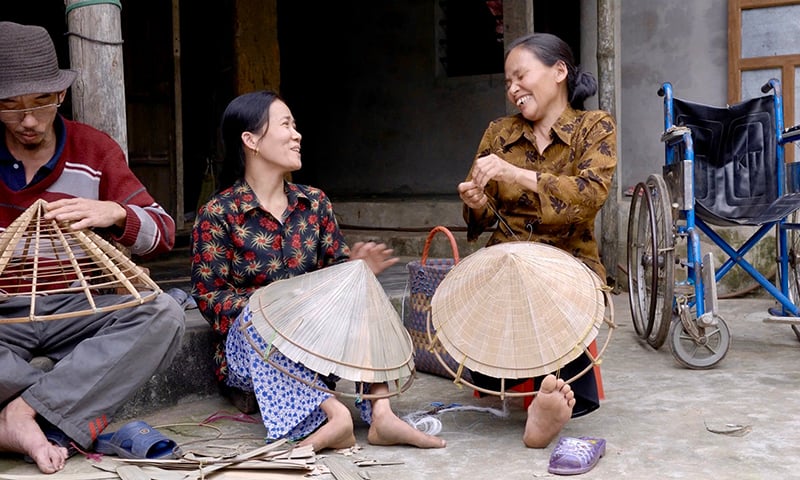 |
Despite the difficulties, she always wished to learn a profession to have a stable job, support herself, and reduce the burden on her family, but the opportunity seemed to have not "knocked on the door". For many years, she had not had the opportunity to enter any vocational class, not because she did not want to, but because she was not connected, lacked information, and there was no vocational training model for people with severe disabilities like her. "I just wish there was a vocational class near my house, someone to help when needed. But my health is poor, and I cannot move around, so I do not dream much", her voice was slow, her eyes were filled with sadness.
Ms. Hang’s story is not an isolated one. In the province, there are still many PWDs in a similar situation: They want to learn a trade but do not have the minimum conditions to access it. Most of them are PWDs with severe disabilities, do not have relatives to take care of them regularly, live in remote areas or do not participate in organizations or unions to connect with information.
Every PWD has a dream of living a useful life. However, the journey from the dream to vocational training classes, suitable jobs… still has many gaps that cannot be filled. The first obstacle is health and mobility. Without specialized vehicles, without regular companions, many PWD choose to stay behind the gate of their homes, even though their hearts are still full of desire to learn a trade and work.
Most current vocational training models still follow a “mass” approach, taking little into account the characteristics of each target group, lacking output connections or not accompanied by supporting capital, lacking flexible training forms, such as: Vocational training at home, distance learning, video learning or mobile teachers... In addition, the lack of information and connection is also a major barrier. Not all PWDs know about free vocational training programs; while grassroots organizations have not fulfilled their role as connecting intermediaries; there is no mechanism to survey and make a detailed list of PWDs according to their needs and vocational training capabilities.
According to Ms. Nguyen Thi Phuong Hao, Program Manager (AEPD Quang Binh ), another barrier is the socio-economic conditions and infrastructure in the localities. In rural and mountainous areas, roads are difficult to travel, and there are almost no means of transport for PWDs. Meanwhile, most vocational training classes are held in central areas, making participation even more difficult for PWDs. In addition, the shyness and inferiority complex of PWDs and the prejudice of society, viewing PWDs as "objects in need of help" rather than "workers in need of opportunities" have caused many PWDs to be excluded from the labor market and not evaluated based on their real abilities.
Don't leave the disabled behind
Employment is not only a source of income, but also a “key” to help PWDs affirm their self-worth and integrate into society. Opening the “door to employment” for them is not the responsibility of any individual, but is necessary for a civilized, fair and humane society.
 |
Ms. Vo Thi Le Hang hopes to have a vocational training class near her home, an introduction from the local government, a hand to bring her to the small but hopeful working community. For her and hundreds of other PWDs, learning a trade and working is not just a matter of making a living. It is a way for them to affirm that they are still useful and can contribute to their families and society in their own way. One day, the small corner of the market will be repaired, Ms. Hang will have a place to sit and sell goods, earning a living. But more than that, what she needs to aim for is another opportunity: to learn a trade, to work at home and to live fully with her small dream.
| As of April 1, 2025, the whole province has 27,026 people with disabilities receiving regular allowances; of which, 5,345 people with severe disabilities and 21,681 people with severe disabilities, hundreds of people with disabilities are being cared for at social protection facilities in the province. |
In order for Ms. Hang's dream and that of many other PWDs to come true, it is necessary to clearly identify that vocational training for PWDs cannot follow rigid targets or be implemented in a formal manner. "It is necessary to design models that "fit" the abilities, health, and living conditions of each person; build a network of connections from local authorities, associations, organizations to businesses and philanthropists. Each locality needs to proactively "go to every alley, knock on every door", make a specific list of PWDs who need to learn a trade and have the ability to access it, from there have a substantive training plan and accompanying policies, such as: Support for living expenses while learning a trade, providing capital after studying, guiding product output... More importantly, it is necessary to change the awareness not only of society, but also of each PWD, that disadvantaged people can still contribute to creating value if given the right conditions at the right time and in the right way", Ms. Nguyen Thi Phuong Hao emphasized.
For people with disabilities, being able to live a useful life is not a privilege but a legitimate right. And the responsibility of the community is to find ways to get closer to the disadvantaged, to listen, understand and accompany them, gently as they are trying every day not to become a burden to anyone.
Peace of Mind
Source: https://baoquangbinh.vn/xa-hoi/202505/uoc-mong-nghe-nghiep-cua-nguoi-khuet-tat-bai-2-canh-cua-van-chua-rong-mo-2226314/



![[Photo] The ceremonial artillery is ready to "fire" for the second parade rehearsal at My Dinh National Stadium.](https://vphoto.vietnam.vn/thumb/1200x675/vietnam/resource/IMAGE/2025/8/24/883ec3bbdf6d4fba83aee5c950955c7c)
![[Photo] Impressive image of 31 planes taking flight in the sky of Hanoi during their first joint training](https://vphoto.vietnam.vn/thumb/1200x675/vietnam/resource/IMAGE/2025/8/24/2f52b7105aa4469e9bdad9c60008c2a0)

![[Photo] Party and State leaders meet with representatives of all walks of life](https://vphoto.vietnam.vn/thumb/1200x675/vietnam/resource/IMAGE/2025/8/24/66adc175d6ec402d90093f0a6764225b)
![[Photo] Phu Quoc: Propagating IUU prevention and control to the people](https://vphoto.vietnam.vn/thumb/1200x675/vietnam/resource/IMAGE/2025/8/24/f32e51cca8bf4ebc9899accf59353d90)
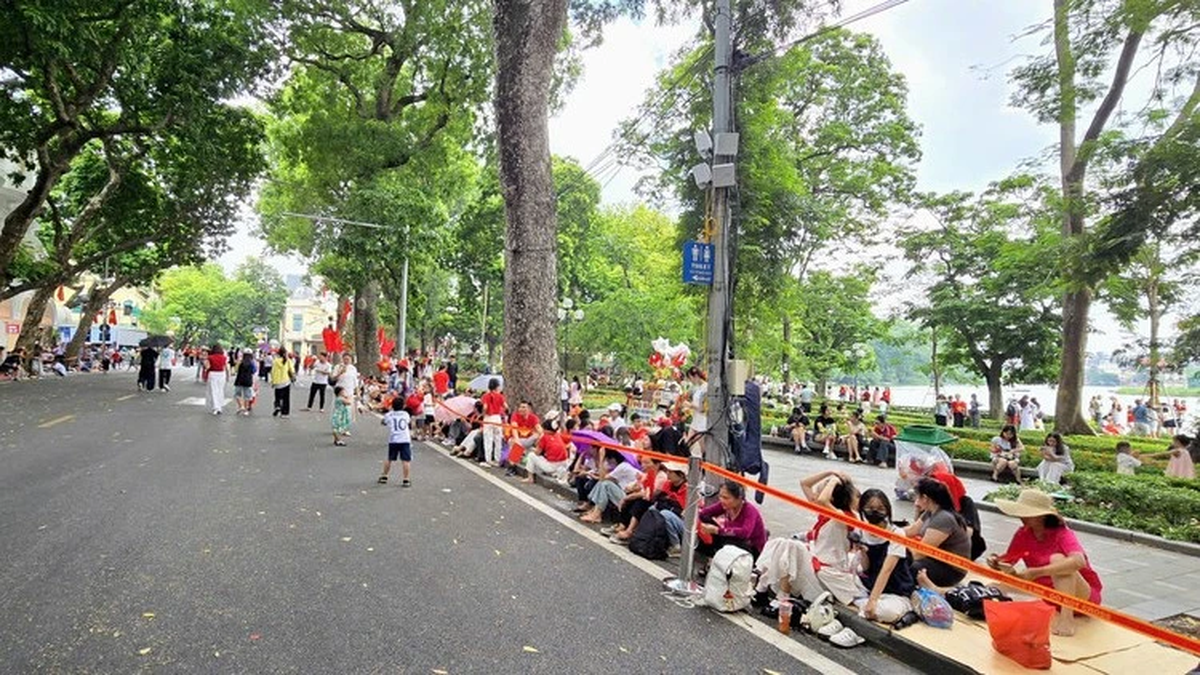


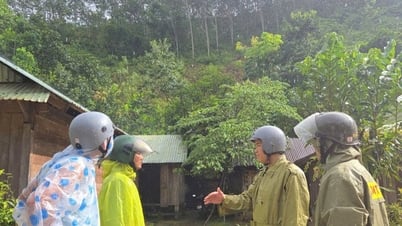

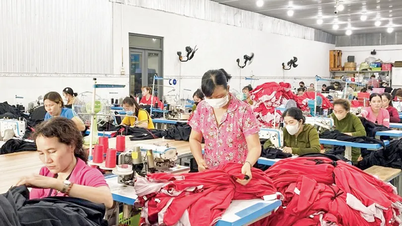

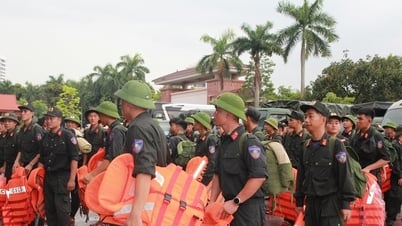










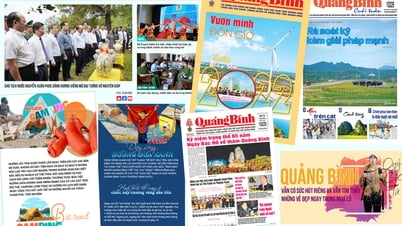

























































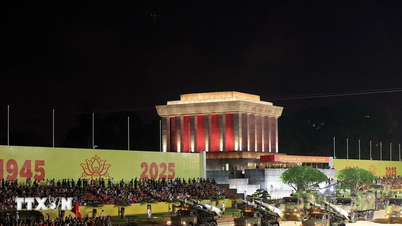
















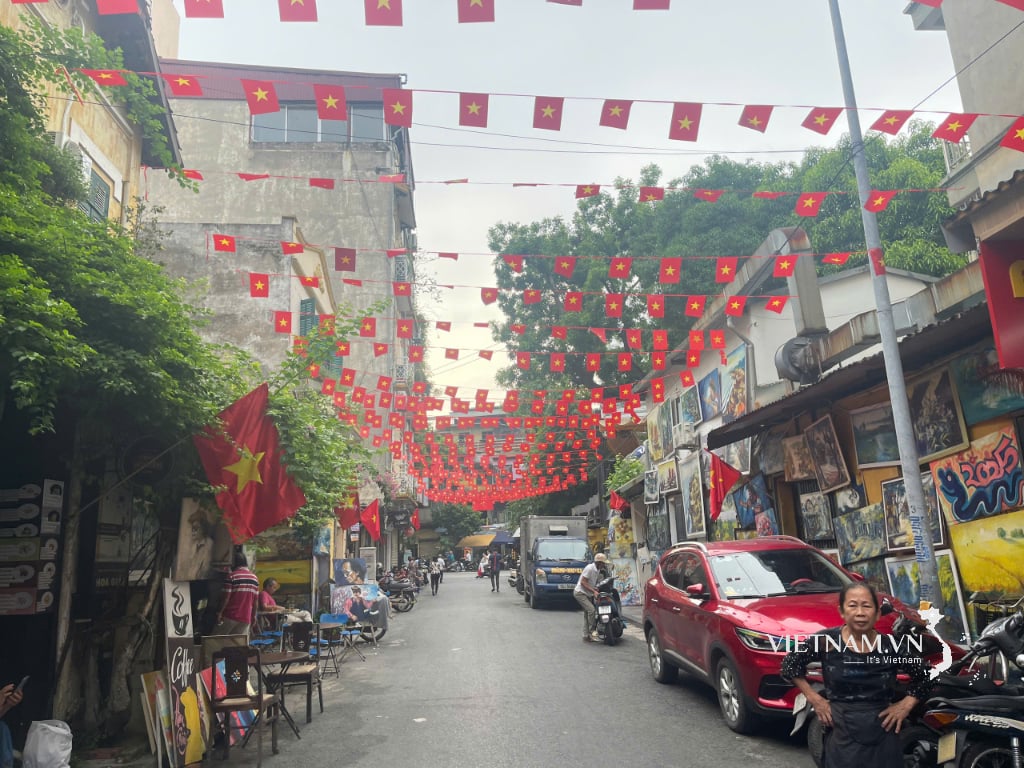
Comment (0)